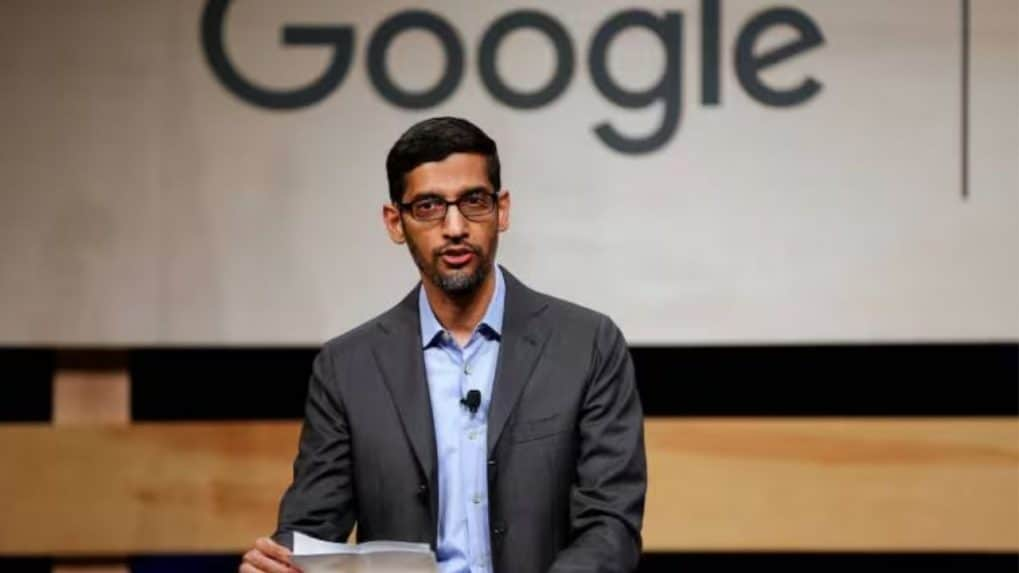Sundar Pichai's 2024 compensation reaches $10.73 mn, up from $8.8 mn in 2023
Pichai's 2024 compensation is approximately 32 times the average employee's salary, sparking ongoing debate about executive compensation disparities.
ADVERTISEMENT
Alphabet's 2025 proxy statement reveals Google CEO Sundar Pichai's 2024 compensation totaled $10.73 million, an increase from $8.8 million in 2023 but significantly less than his $226 million in 2022, which included a large stock grant. His 2024 package comprised stock awards and other compensation, with a base salary of $2 million.
The company spent $8.27 million on Pichai's personal security in 2024, a 22% rise from the $6.78 million spent in the previous year. Alphabet states this expenditure covers home surveillance, travel security, and drivers, deeming it a necessity due to Pichai's high-profile role and associated risks, not a personal benefit.
As per reports, Google spent approximately $8.27 million (around ₹67.8 crore) on Pichai’s personal security in 2024. This led to a 22 per cent rise from the $6.78 million (around ₹57.48 crore) spent the previous year. The 2025 Alphabet proxy statement details that the increased security expenses for its CEO encompass residential protection, consultation, monitoring, chauffeur services, and travel security.
Pichai's 2022 compensation was notably higher due to a $226 million performance-linked stock grant, preceding Alphabet's 2023 layoffs, which drew criticism regarding executive pay during restructuring.
The average full-time Google employee earned $331,894 in 2024, a 5% increase from 2023. Pichai's 2024 compensation is approximately 32 times the average employee's salary, sparking ongoing debate about executive compensation disparities.
It is also to be noted that Google CEO Sundar Pichai is set to testify in the ongoing search antitrust trial in Washington. The US Department of Justice (DOJ) has proposed measures, opposed by Google's parent company Alphabet, that aim to increase competition among online search providers.
The DOJ is seeking a court order that could require Google to divest its Chrome web browser and implement other changes. Their proposals include ending Google's payments to companies like Apple and Samsung to be the default search engine and mandating the sharing of search data with competitors.
The DOJ and state attorneys general argue these remedies are necessary to restore competition in the search market, especially as it evolves with generative AI. They express concern that Google's current dominance could extend into the AI sector.

